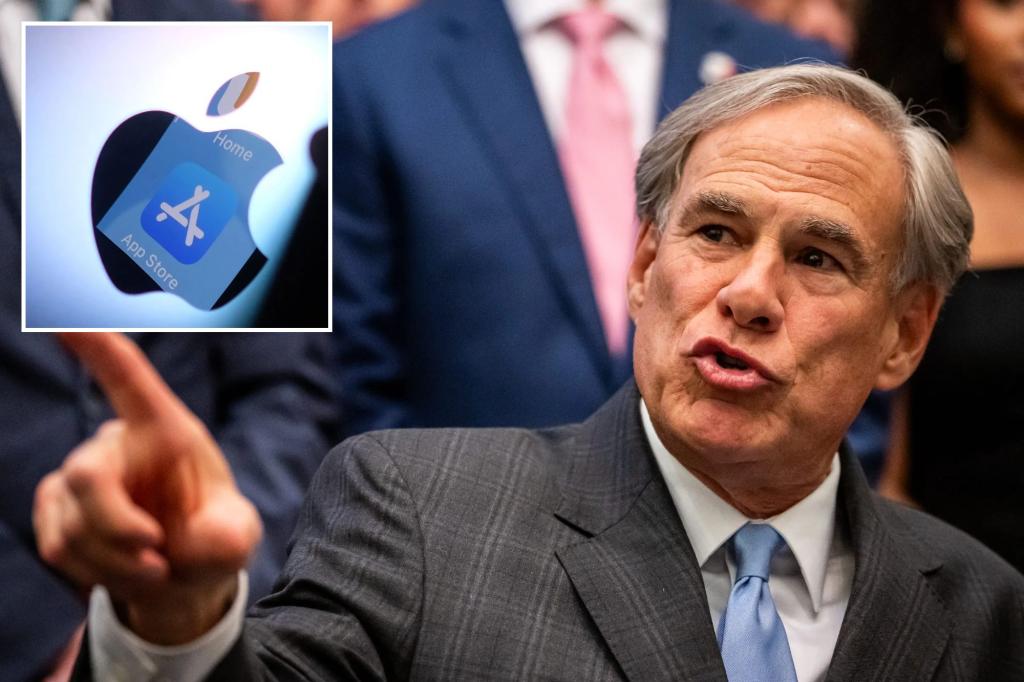Texas Governor Greg Abbott on Tuesday signed into law a bill requiring Apple and Alphabet’s Google to verify the age of users of their app stores, putting the second-most-populous state at the center of a debate over whether and how to regulate smartphone use by children and teenagers.
The law, effective on Jan. 1, requires parental consent to download apps or make in-app purchases for users aged under 18. Utah was the first state to pass a similar law earlier this year, and lawmakers have also introduced a federal bill.
Another Texas bill, passed in the Texas House of Representatives and awaiting a Senate vote, would restrict social media apps to users over 18.
Age limits and parental consent for social media apps are one of the few areas of wide US consensus, with a Pew Research poll in 2023 finding that 81% of Americans support requiring parental consent for children to create social media accounts and 71% support age verification before using social media.
The effect of social media on children’s mental health has become a growing global concern, with dozens of states suing Meta Platforms and the US Surgeon General issuing an advisory on safeguards for children. Australia last year banned social media for children under 16, with other countries such as Norway also considering new rules.
How to implement age restrictions has caused a conflict between Meta, the owner of Instagram and Facebook, and Apple and Google, which own the two dominant US app stores.
Meta CEO Mark Zuckerberg said last year during a Senate hearing that he believed parents should not “have to upload an ID or proof they are a parent in every single app that their children use. The easier place to do this is in the app stores themselves.”
Meta declined to comment for this story.
Child online safety groups that backed the Texas bill have also long argued for app store age verification, saying it is the only way to give parents effective control over children’s use of technology.
“The problem is that self-regulation in the digital marketplace has failed, where app stores have just prioritized the profit over safety and rights of children and families,” Casey Stefanski, executive director for the Digital Childhood Alliance, told Reuters.
Apple and Google opposed the Texas bill, saying it imposes blanket requirements to share age data with all apps, even when those apps are uncontroversial.
“If enacted, app marketplaces will be required to collect and keep sensitive personal identifying information for every Texan who wants to download an app, even if it’s an app that simply provides weather updates or sports scores,” Apple said in a statement.
Google and Apple each have their own proposals that involve sharing age range data only with apps that require it, rather than all apps.
“We see a role for legislation here,” said Kareem Ghanem, senior director of government affairs and public policy at Google, told Reuters. “It’s just got to be done in the right way, and it’s got to hold the feet of Zuckerberg and the social media companies to the fire, because it’s the harms to kids and teens on those sites that’s really inspired people to take a closer look here and see how we can all do better.”


